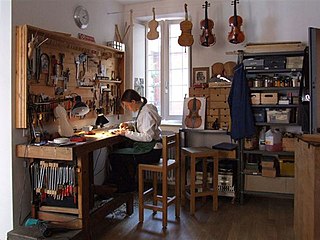
The steel-string acoustic guitar is a modern form of guitar that descends from the nylon-strung classical guitar, but is strung with steel strings for a brighter, louder sound. Like the classical guitar, it is often referred to simply as an acoustic guitar.
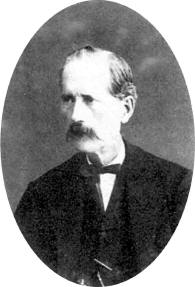
Antonio de Torres Jurado was a Spanish guitarist and luthier, and "the most important Spanish guitar maker of the 19th century."

Guitars is the 19th record album written and performed by Mike Oldfield, released in 1999. The concept of the album was to only perform it using guitar-like instruments.
Domingo Esteso (1882–1937) was a luthier who trained under Manuel Ramírez. His nephews, Faustino, Mariano and Julio Conde inherited his workshop and changed the name to Conde Hermanos. Nowadays, the family tradition established by Domingo Esteso is being continued at their workshops in central Madrid by Felipe Conde at 4 Arrieta St., Mariano Conde at 1 Amnistia St. next to Opera metro station and Julio Conde's sons and granddaughter at 53 Atocha St.
José Miguel Moreno is a Spanish specialist of historical plucked string instruments, such as the vihuela, lute, theorbo, and guitars. In 1977 he won the First Prize of the Incontri Chitarristici di Gargnano (Italy) and later many awards for his recordings. He has undertaken recordings and live concerts with the renowned ensemble "Hesperion XX" and Jordi Savall as well as with his own formations La Romanesca and Orphenica Lyra - after the book Orphénica Lyra (1554) of Miguel de Fuenllana. He is also, with his brother violist Emilio Moreno, co-founder of the Spanish classical music label Glossa Music.
A person who is specialized in the making of stringed instruments such as guitars, lutes and violins is called a luthier.
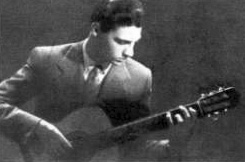
José Tomás Pérez Sellés was a Spanish classical guitarist and teacher. Considered a major influence on the evolution of classical guitar technique in the second half of the 20th century, he trained many guitarists from all over the world.

Greg Smallman is the first internationally successful non-traditional Australian guitar-maker. He is known worldwide for his innovative guitar designs Although his guitars are in outward appearance similar to a traditional Spanish classical guitar, there are numerous innovative differences.
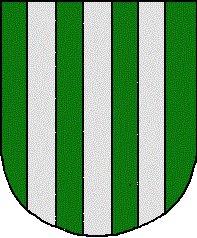
Ramírez is a patronymic Spanish surname meaning "son of Ramiro". Its correct spelling in Spanish is with an acute accent on the i, which is often omitted in English writing. It is the 28th most common surname in Spain. It is also the 42nd most common surname in the U.S. and the 9th most common in Mexico.
Maestro Guitars is a company based in Singapore. It is best known for creating custom-made guitars and ukuleles. The founder is Ho Zen Yong, a former Singapore Management University (SMU) graduate. Their instruments are used by professional Italian musician Franco Morone and were also used by guitarist Paul Ponnudorai.
Abraham Falcón García was a Peruvian Luthier who made classical guitars. He was born on 16 March 1924 in Coracora, Ayacucho. From a young age, his life was focused on agricultural activities to help his family.
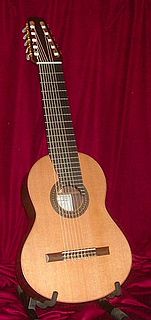
The ten string extended-range classical guitar, with fully chromatic, sympathetic string resonance was conceived in 1963 by Narciso Yepes, and constructed by José Ramírez [III]. This instrument is sometimes referred to as the "modern" 10-string guitar to differentiate it from ten-stringed harp guitars of the 19th century.
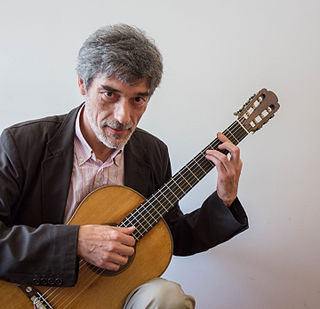
Carles Trepat is a Spanish Catalan classical guitarist. He has won several international prizes, including the "Premio Tárrega" in the "Certamen Internacional Francisco Tárrega de Benicásim". In July 2014, he was awarded with the "Honorific Prize José Tomás" in Petrer.

Rolando Valdés-Blain was a Cuban classical guitarist, born in Havana, and immigrated to New York as a child. In the 1930s he and his brother Alberto had a weekly music show on WNYC radio. He served in Burma from 1942 to 1946 during World War II and afterwards studied at the Madrid Royal Conservatory, where he was awarded the Grand Prize for concert guitar playing by Joaquín Rodrigo. He toured worldwide under the management of impresario Sol Hurok and his United States tours as guitar soloist included Yale University, Carnegie Recital Hall, and the Spanish Ballet. He was one of the pioneering classical guitarists to perform as soloist together with a symphony orchestra, in 1955 with the Radio City Music Hall Symphony Orchestra and the Joffrey Ballet at the New York City Center. He appeared in Tennessee Williams's Broadway play Camino Real and he also composed the music for the play Bullfight. He was vice-president and adviser of Manuel Velazquez guitars and founder of the Guitar Department at the Manhattan School of Music. In 1968 he was invited to give a command performance at the White House. The New York Times called his performance "a musical gem…reflecting every baroque nuance of the music".

Roy Courtnall Summerfield is a luthier, author, teacher and lecturer in musical instrument technology, and has worked mainly in the research and construction of the Spanish classical guitar. He is the author of two books: Making Master Guitars (1993) and The Art of Violin Making (1999), both of which are widely used by luthiers and cited.
Manuel Ramírez was a Spanish luthier.
